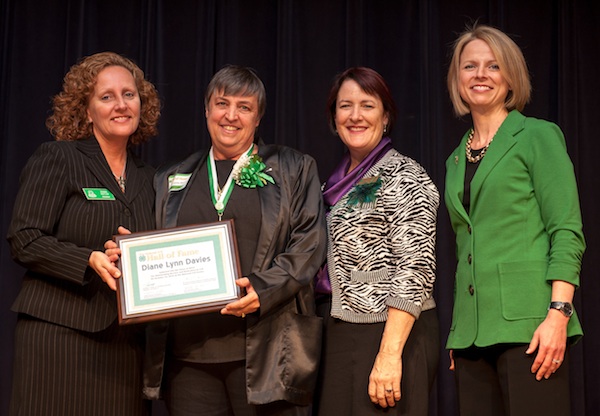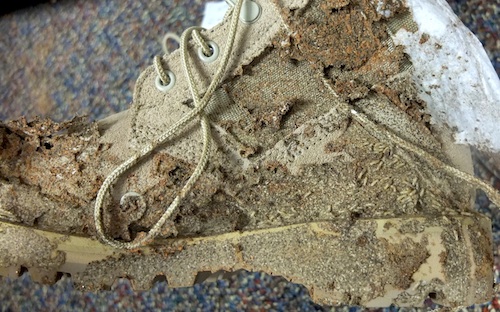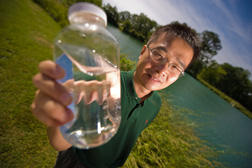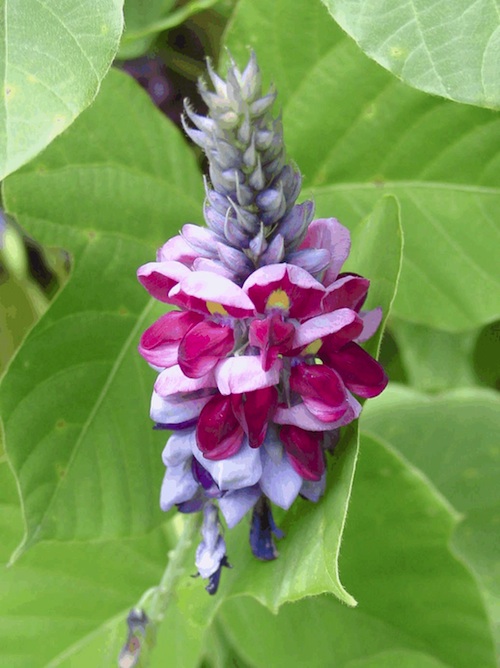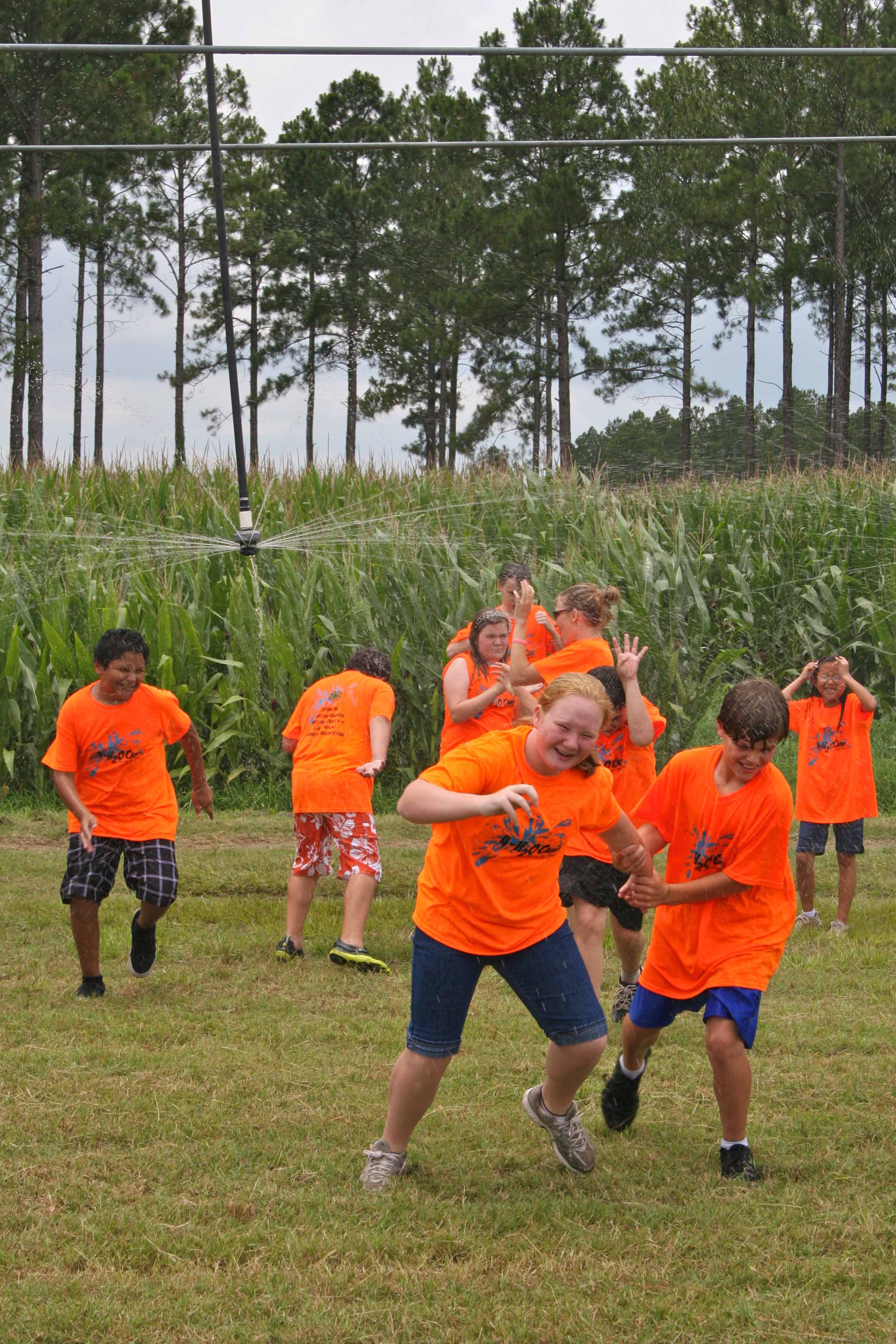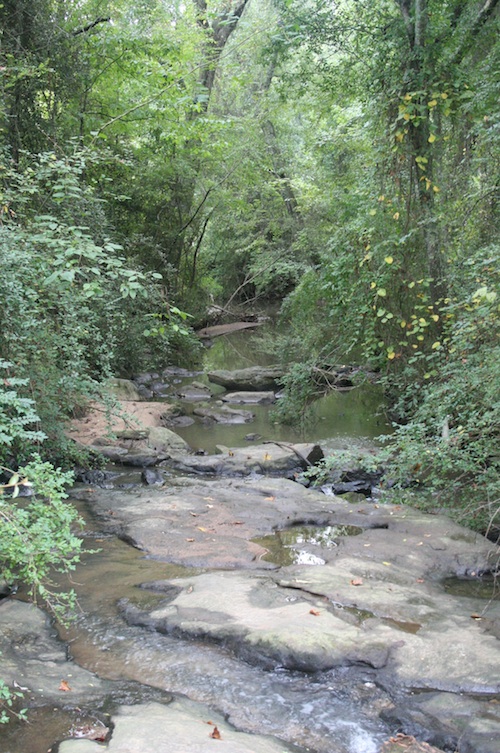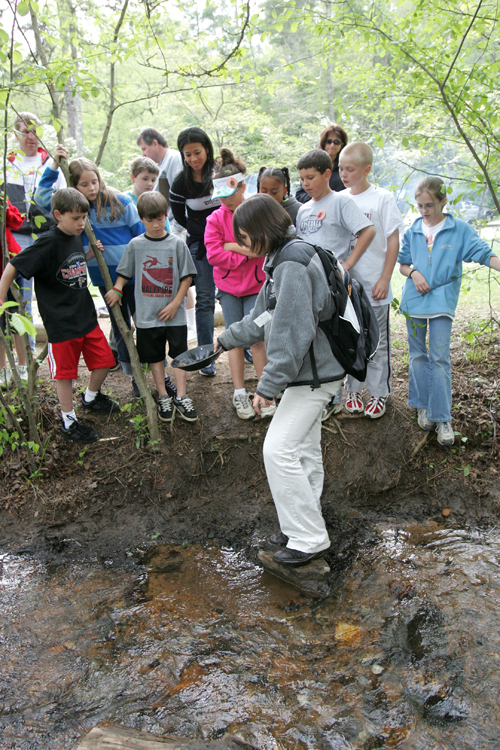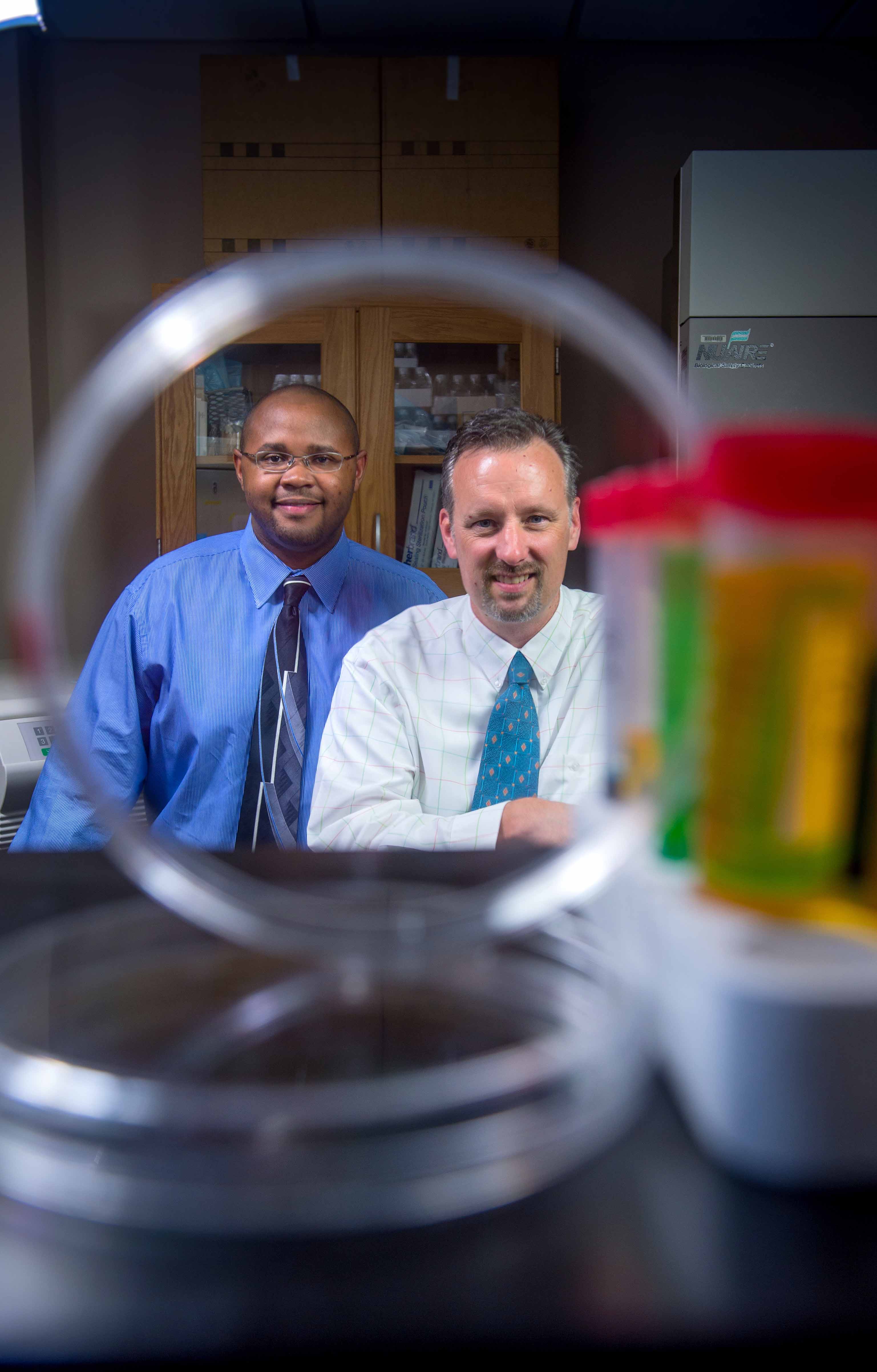 CAES News
CAES News
New Toxicant Test
As more scientists began investigating the effects of toxicant exposure and links to abnormal fetal development, three University of Georgia researchers discovered a more efficient, accurate and cost-effective way to conduct these studies using cells in a petri dish.

